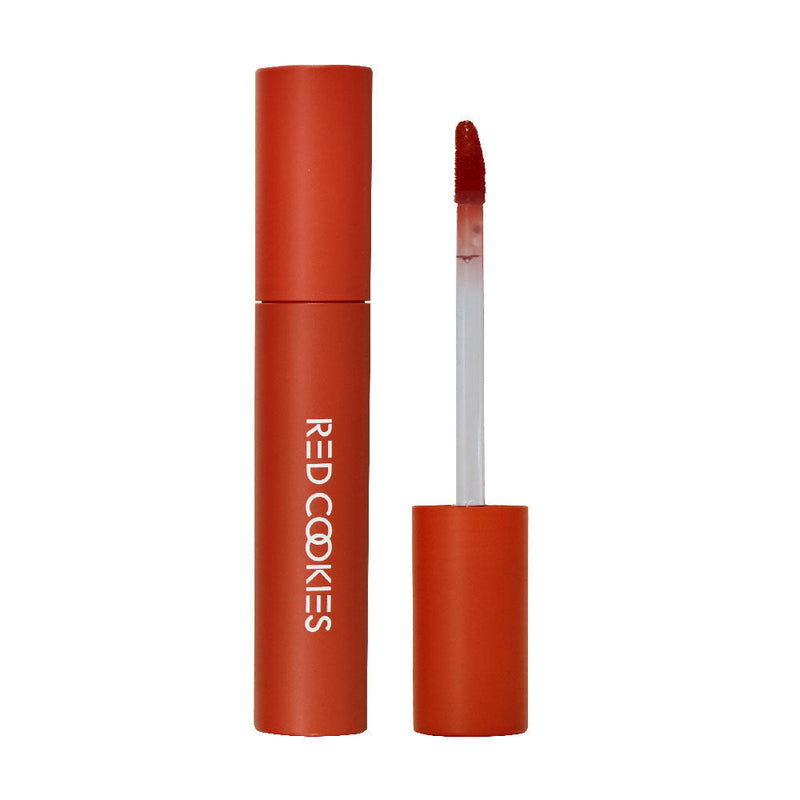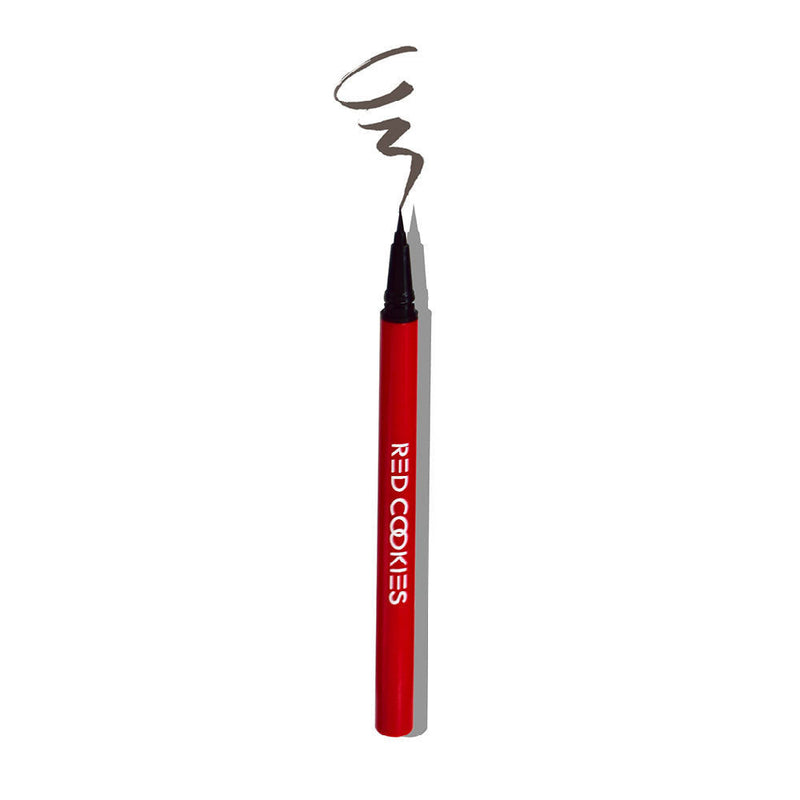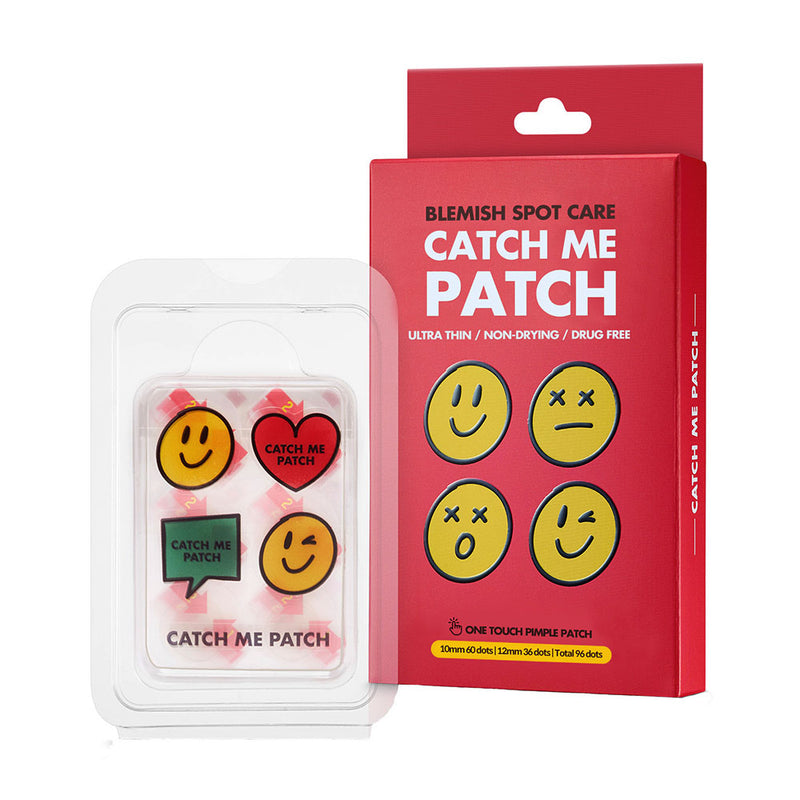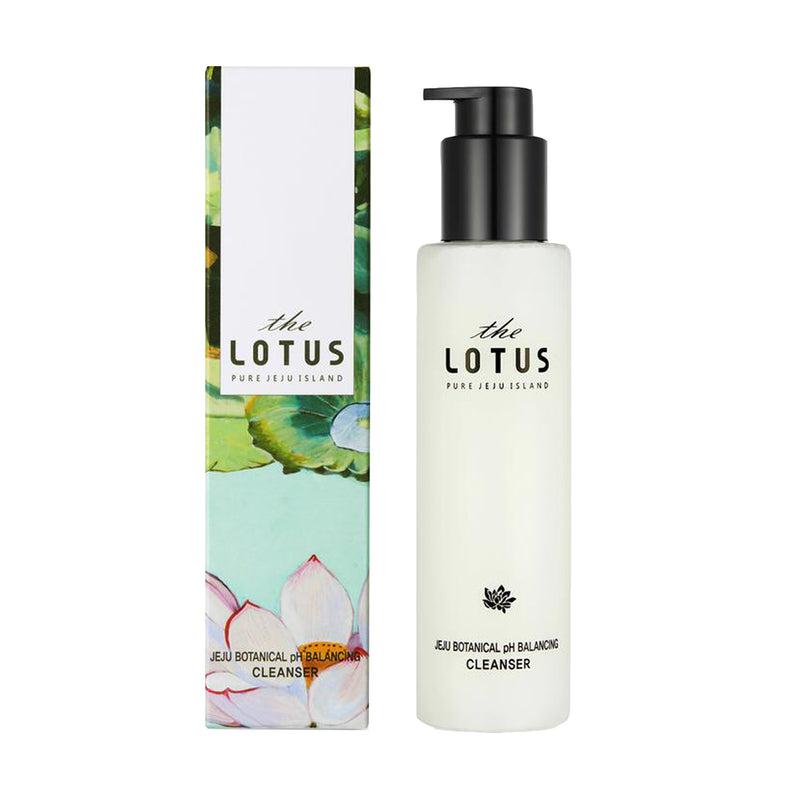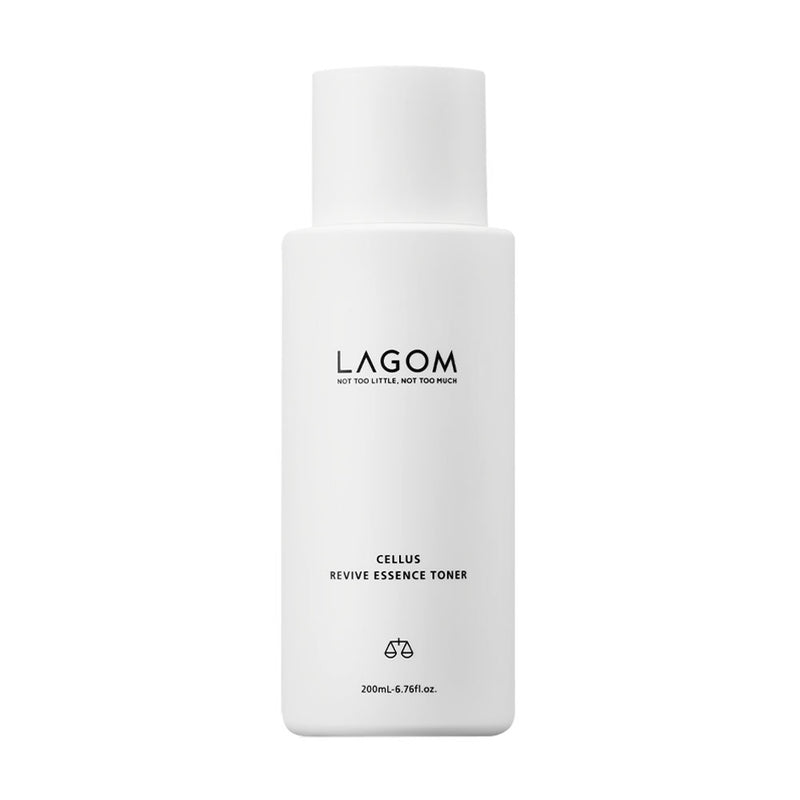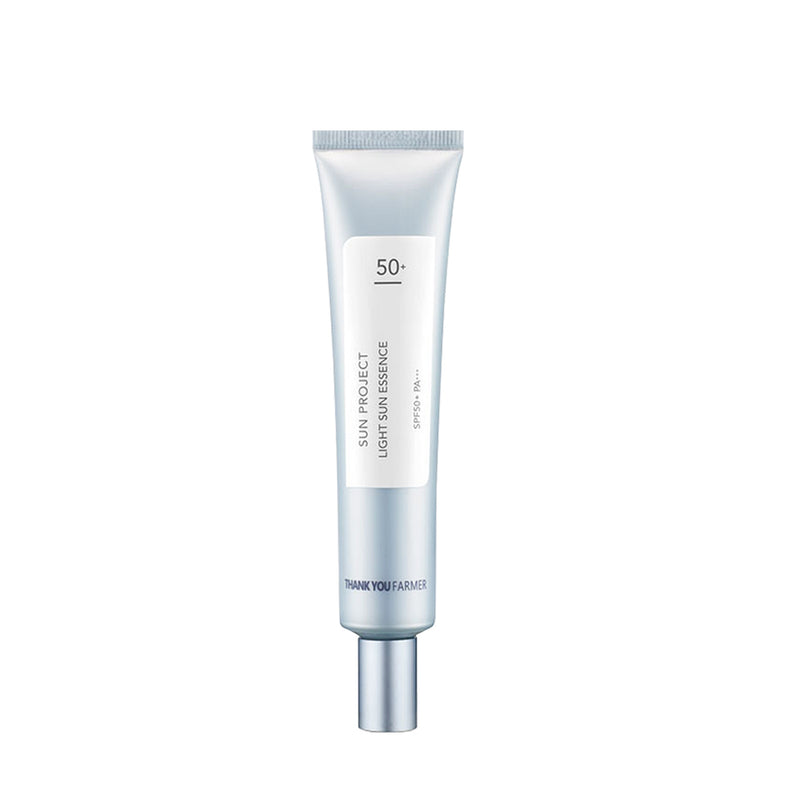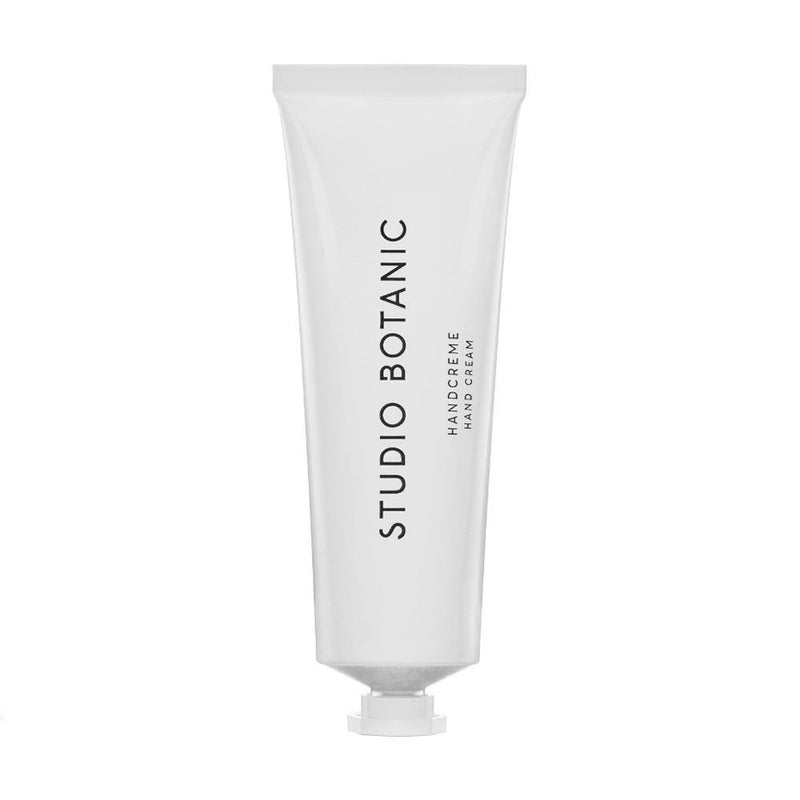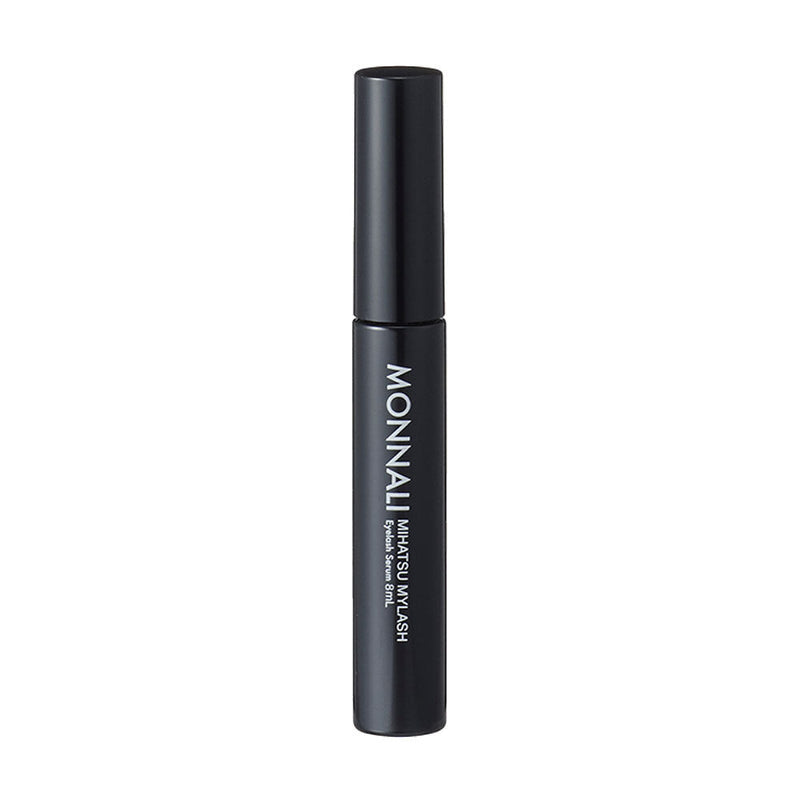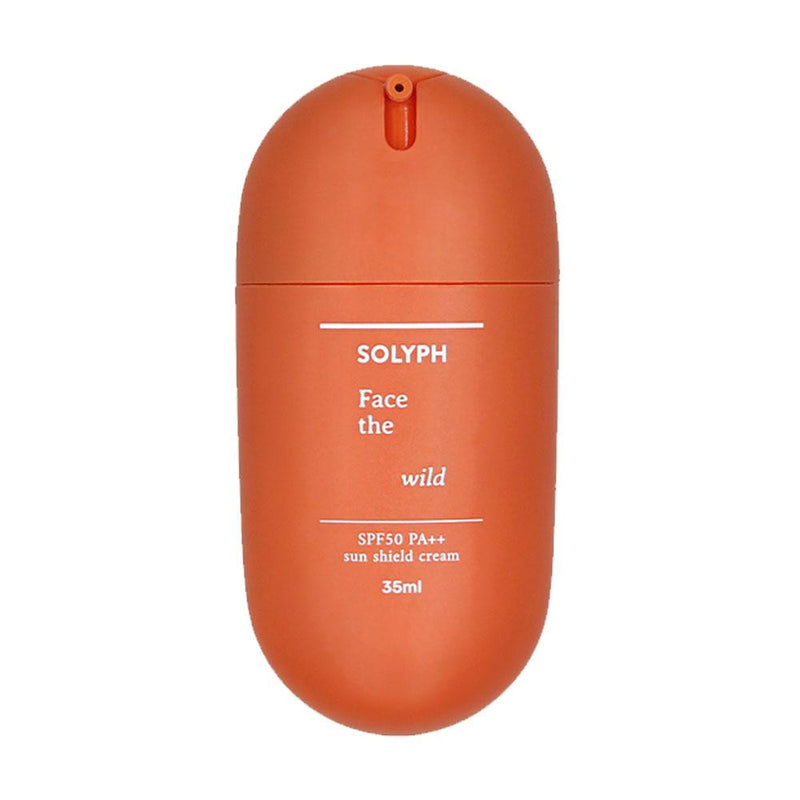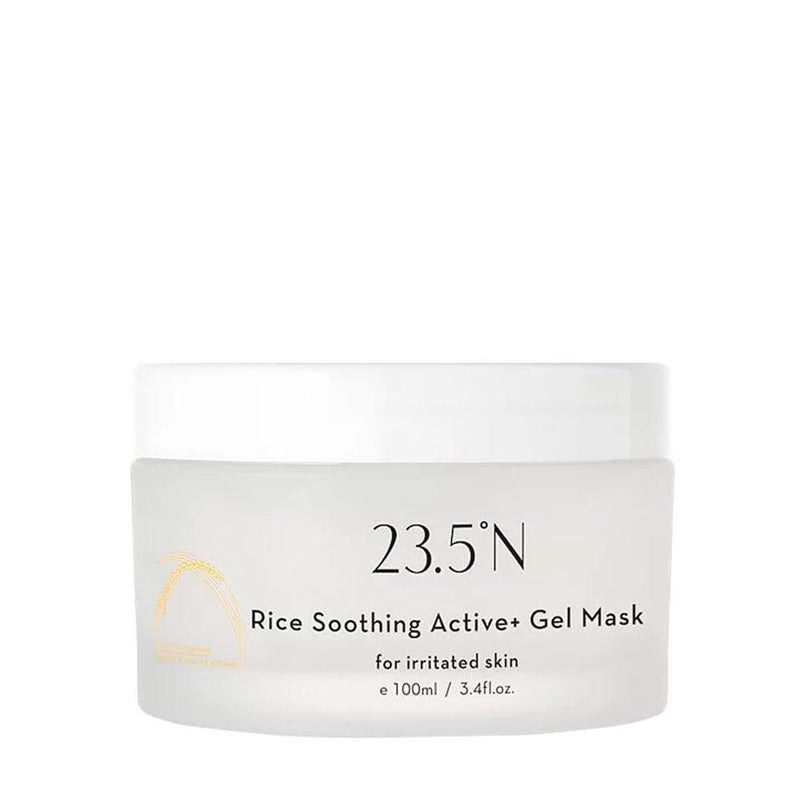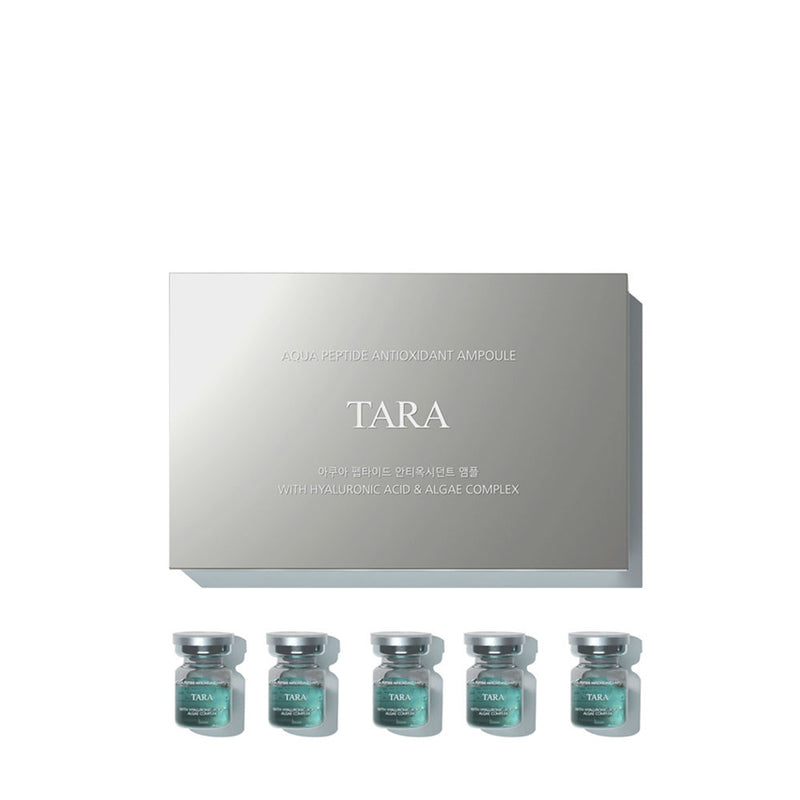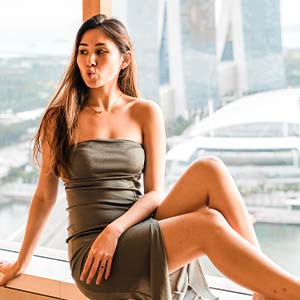An idea dating back to Victorian times when women protested the use of corsets, it was formalised into a movement in the nineties. Born of the need to widen the range of acceptable body shapes, body positivity encourages us to accept and celebrate our bodies as they are. We speak to Lily Khin, an advocate for body positivity to understand more.
The body positivity movement has been growing in recent years driven by a growing awareness of the downsides of striving towards an unattainable vision that has been foisted on us by society. Yet in a world that’s driven by social media, where flaunting wealth, success and sex appeal is the norm, it can be difficult to ignore the pressure and that feeling that you aren’t good looking or successful enough.
But being body positive is more about feeling confident than it is about looking good, and loving yourself is a crucial aspect to feeling body positive. This doesn’t doesn’t come easy for most of us especially if we’ve been made to feel different all our lives. If there’s one person who knows all about how body positivity and self-love can change one’s world, it’s Lily Khin.
An advocate for body positivity, Lily has a lot to say about being kind to yourself and finding beauty in who you are regardless of size, shape and skin tone. We spoke to her about finding oneself, her journey and thoughts on body positivity.
So how did you become an advocate for body positivity?
I don’t think I talk about this as much as I should, actually. My relationship with my body has been complicated, and the troubling part is that my story is hardly unique. This general sense of ill-ease with the way we look is a pervasive issue, not to mention a complex layered one. It imbricates capitalism, race, patriarchy, imperialism, relational dynamics, and basic human needs. With all of these elements playing out on the landscape of our bodies, it’s no wonder that we’re overwhelmed.
Most of my early life involved my feeling ‘othered’ in various ways – I simply didn’t feel a deep sense of belonging in the few spaces I was in. The loneliness of it, coupled with the natural awkwardness and anxieties (and angst, of course) of puberty and the glaring realities of discovering my sexuality led to a slow but powerful distortion of my own self-image.
Think back to when you were 13, 14 years young. At this age, our identities are porous and evolving, and in theory, it’s such an exciting time. And here we often rely too heavily on reflections of ourselves through the eyes of others to form our self-image, a fragile identity we simultaneously marvel at and are fearful of. At least this was my experience. For me, however, the gaze through which I saw myself reflected was often an unkind one.
Deep stuff! So what was your journey like then, growing up?
For some context, I grew up in Myanmar, and while one side of my family has roots there, I didn’t look like everyone else. Back then and perhaps even now, the world ‘kalar’ – meaning Indian – was used as an insult. Some of the worst times were when my classmates who assumed I didn’t understand Burmese would make awful comments about the way I looked right in front of me!
When I went to shop for clothes, I was told that “obviously” there was nothing in my size. When I went to the salon, I’d overhear chatter about the “ugly” texture of my hair. I was acutely conscious of the fact that the boys I had a crush on did not associate my natural features with beauty or attractiveness.
As a teenager, I internalised that view of myself quite deeply without realising it. I constantly sought ways to be “enough” – I rebonded my hair, I exercised obsessively, and most worryingly, I destroyed my relationship with food by living in a state of constant deprivation. I saw eating normally as a reward that I would unlock when I looked a certain way.
That sounds awful. I’m so sorry to hear that but how was that like for you?
I would punish myself for enjoying an “unhealthy” meal by skipping the next meal. And when I didn’t achieve these unrealistic goals, my inner dialogue would turn hostile. I told myself I had no self-control, I was not good enough, I was weak, I was lazy and unworthy of love. Trying to “fix” my outward appearance became a real obsession, and a dangerous one. These days, I often ask myself what the world would look like if schools equipped us with the tools for self-mastery in addition to all the equations and theories we had to learn. Would kids have an easier time?
This inherent sense of being “not enough” put me on a path of inner chaos through my early twenties too. It just wasn’t a peaceful time. A lot of the decisions I was making about my personal health, relationships, community, finances, and work were informed by this notion of lack, of having to “prove” my worth. I was chasing acceptance and love by punishing my body, genuinely not realizing that I only had to look within to find what I needed.
When and how did you finally start to accept yourself for who you were?
Only recently, particularly the last two years, have I truly and honestly found a sense of peace about my outward appearance. I just didn’t want to waste my energy worrying about how I looked anymore. I started by acknowledging the trauma I’d felt as a young person, and shifting my self-talk from being critical to being kind and grateful. Then came education on the greater social and structural issues at play. And then it was just a matter of pivoting my focus from appearance to health. This change of perspective has led to the biggest transformation.
I have also recently tried to take steps to show up as I am on social media. That meant showing my skin without filters, acne and all. It meant showcasing my natural hair texture. It meant not shying away from posting photos in activewear that I was previously too self-conscious to do. It meant documenting and celebrating everyday moments where I’m not particularly “put together.” It meant speaking of food with the language of nourishment, community, and pleasure as opposed to calories, macros, and rewards. It meant talking about exercise as a tool to feel well and not just to look a certain way. It meant being more transparent about my journey here. At 31, I’ve never felt more at peace with myself.

Why do you think most of us have such a hard time accepting ourselves, especially when it comes to our appearance?
Short answer – there’s a whole money making machine that profits from us not feeling good about ourselves. Wanting to feel accepted, loved, and like you belong – these are fundamentally human needs, and therefore powerful motivators that drive purchasing decisions. If I think buying a certain product will help me achieve these goals – as the media and advertising leads us to believe – then of course I’ll spend my hard-earned money on it, right?
The other aspect to this, I think, is having people around us only talk about their appearance critically. Hardly anyone I knew growing up reflected the language of love, acceptance, or neutrality towards their bodies. As children, we do tend to pick up on these things and take on this kind of self-talk as our default mode. This certainly shouldn’t be the case.
What was your favourite moment in that journey towards body positivity?
One morning I looked into the mirror and had no opinions on my appearance. Neutrality. That was the turning point for me. Realising that I didn’t have to have feelings about my body, and that it was a fact of existence. That was a moment of real truth.
Self-confidence can be difficult to always have “on”. How do you keep yourself going on those “off-colour” days?
Through my experience, I’ve found that I tend to be more critical of myself when I have a deeper emotional need that isn’t being met. So if I’m feeling off, I ask myself “what is the emotional need that is asking for attention?” When I dig a little deeper, the real issue comes to light and it usually has very little to do with how I look. So I’d say it’s always worth looking deeper, asking why, and meeting that need with curiosity.

We are often influenced by what social media defines or agrees as being ‘beautiful’. In a world where it is nigh impossible to avoid it, how can we better regulate ourselves?
I think what social media drives us to do is compare, and compare on arguably nebulous terms, because nobody’s life can fully be encompassed by what they choose to share on social media. There will always be someone more “fill in the blanks” than you, so where does it end? The pursuit of perfection never does. A few tips to opt out:
- Don’t follow people who trigger insecurity in you. This is a choice you can make.
- Do follow people who don’t fit the mould. I draw inspiration from women and non binary people who don’t subscribe to beauty standards and move through life on their terms.
- Liv Lo Golding shared something a while ago that I loved, a mantra for social media if you will. It goes “her success is my success,” and she repeats this to herself when she scrolls through her feed. Simple, but effective. A nice reminder that we’re all on the same side.

“Body positivity” is often dismissed as just another trend or gimmick thrown around by brands and influencers. How would you address these non-believers and skeptics?
Honestly, I get it, because unfortunately many brands are performative about inclusivity. I experienced this first hand when I modelled some clothes for a clothing campaign. I sent my measurements to the brand beforehand, yet on the day of the shoot, very few of their pieces actually fit me the way they should’ve. It was clear to me then that I was only included to tick some kind of body diversity box, and that real inclusivity – where a range of sizes are available to suit different body types – was not an authentic pursuit that the brand had built into their DNA. If someone who looked like me walked into their store today, I doubt that they’d find more than a couple of pieces that would fit them comfortably. So this is a real problem.
The bigger call is for brands to build inclusivity into the entirety of their business. How can we showcase and truly cater to bodies that fit outside the very narrow “ideal” – fat and curvy bodies, disabled bodies, ageing bodies, postpartum bodies, transitioning bodies, bodies that are receptacles to all manner of stories and backgrounds? This is the work we need to do. It’s not easy, and it will take time. But this should be the end goal instead of stopping at just a glossy body positivity campaign.
To your point, though, I think representation is incredibly important and powerful, and calling any step in the right direction a gimmick does more harm than good. I think we can hold brands to higher standards while also celebrating their recognition of the need for diverse representation in advertising.
What advice do you have for those of us struggling with our own self-image and are looking to build greater self-acceptance and self-love?
When you find yourself thinking critical thoughts, catch yourself and call it out. “I’m being harsh towards myself right now.” Then, see if you can shift your perspective from focusing on your appearance to focusing on the functional nature of your body. So think about what your body does for you. Then, practice gratitude towards your body for what it does. This is how I go about rerouting unhelpful thoughts about my appearance. Importantly, the goal isn’t to love everything about the way you look, but to be balanced, neutral and accepting of the fact of change.

So in an ideal world where we are free of the metaphorical corset, what would beauty mean to you?
Beauty is in shedding the veils of judgement, comparison, and expectation and showing up as we truly are.
